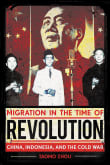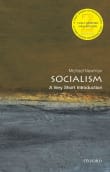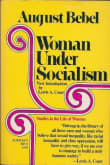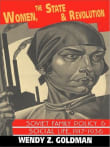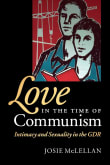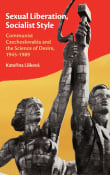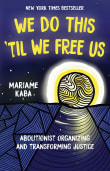African Socialism in Postcolonial Tanzania
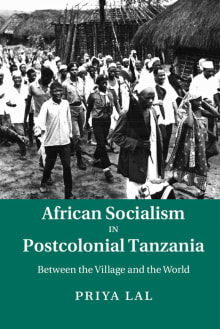
Book description
Drawing on a wide range of oral and written sources, this book tells the story of Tanzania's socialist experiment: the ujamaa villagization initiative of 1967-75. Inaugurated shortly after independence, ujamaa ('familyhood' in Swahili) both invoked established socialist themes and departed from the existing global repertoire of development policy, seeking to…
Why read it?
1 author picked African Socialism in Postcolonial Tanzania as one of their favorite books. Why do they recommend it?

This book is exciting in many ways. It tells a story of Tanzania’s socialist experiment in 1967-75, which was known as “ujamaa” (“familyhood” in Swahili). It shows how Cold War politics intertwined with local situations, and how Tanzanian leaders and common people used Cold War rhetoric to envision and enforce their own national agricultural development program. At a glance, thus, the book can be seen just as another example of the recently growing literature that explores the crossroads between Cold War politics, decolonization, and developmental politics, such as Artemy Kalinovsky’s Laboratory of Socialist Development: Cold War Politics and Decolonization in…
From Hajimu's list on reconsider what the Cold War really was.
If you love African Socialism in Postcolonial Tanzania...
Want books like African Socialism in Postcolonial Tanzania?
Our community of 12,000+ authors has personally recommended 100 books like African Socialism in Postcolonial Tanzania.
Browse books like African Socialism in Postcolonial Tanzania




